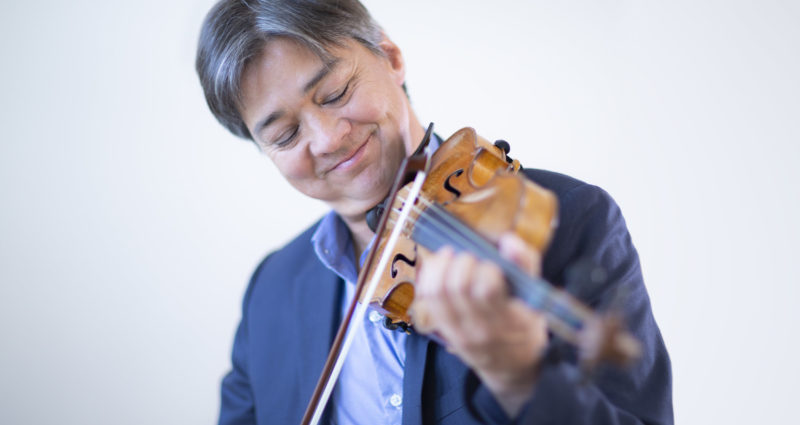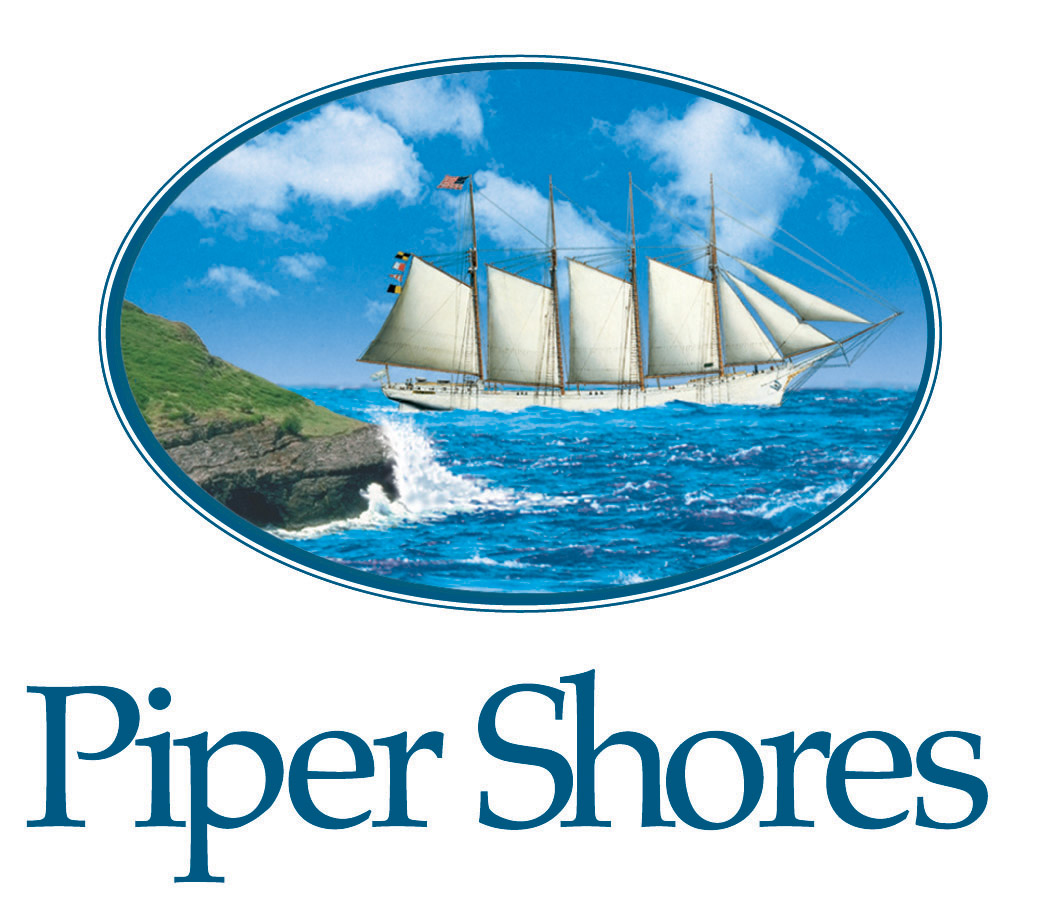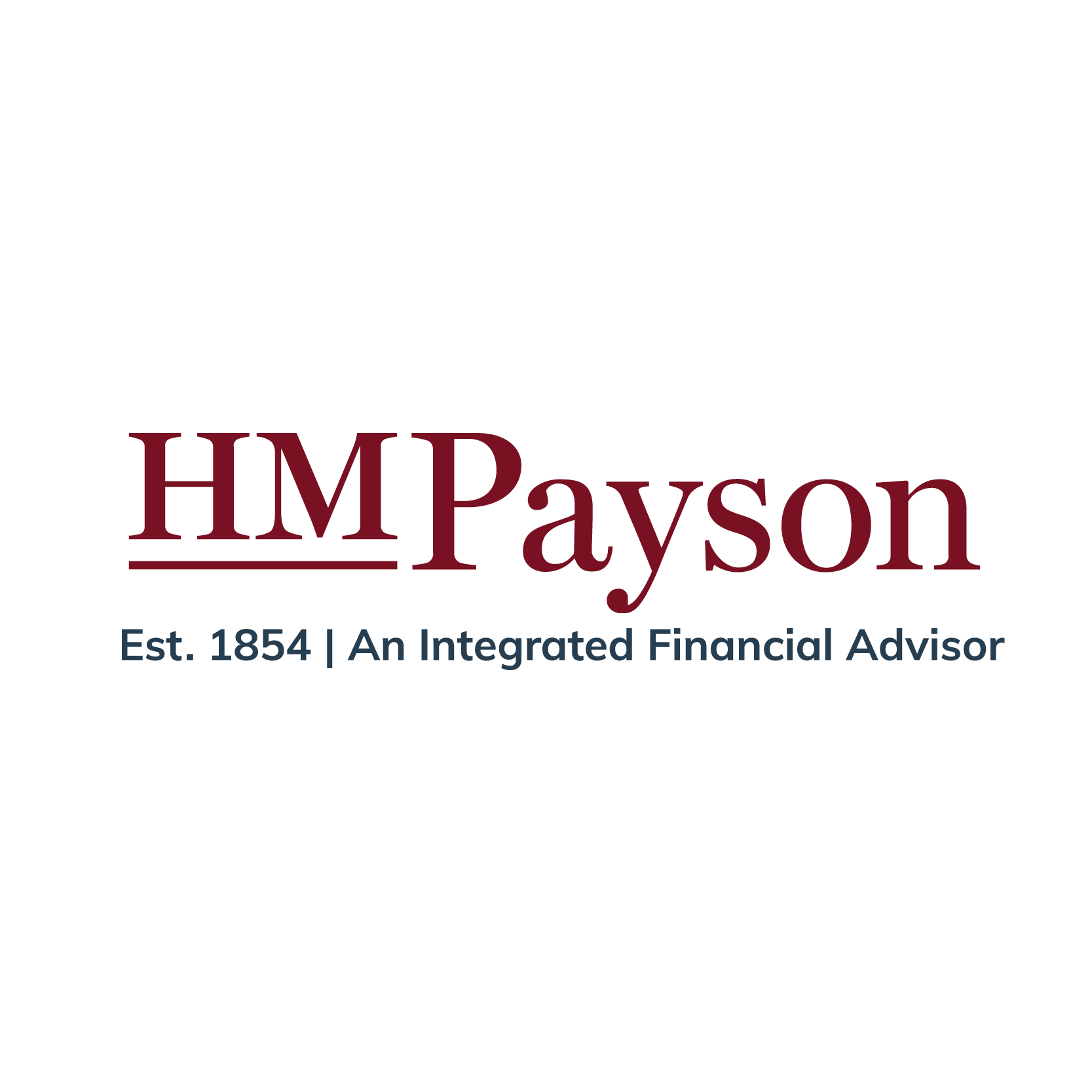- This event has passed.
KREISLER, Scott, & MENDELSSOHN
FRITZ KREISLER (1875-1962)
String Quartet in A Minor
- Fantasie
- Scherzo. Allegro vivo, con spirito
- Einleitung and Romanze
- Finale. Allegro molto moderato
Robin Scott, Itamar Zorman, violin • Dimitri Murrath, viola • Ahrim Kim, cello
JEFF SCOTT (b. 1967)
Startin’ Sumthin’
Niko Rodriguez*, flute • Julia Simpson*, oboe • Chao-Chih George Chen*, clarinet • Nina Laube*, bassoon • Susannah Greenslit*, horn
*Fellows
— Intermission —
FELIX MENDELSSOHN (1809-1847)
Piano Trio No. 2 in C Minor, Op. 66
- Allegro energico e con fuoco
- Andante espressivo
- Scherzo. Molto allegro quasi presto
- Finale. Allegro appassionato
Ian Swensen, violin • David Ying, cello • Jon Nakamatsu, piano
program Notes
FRITZ KREISLER
String Quartet in A Minor (1919)
Fritz Kreisler’s affirmation for his String Quartet—“my tribute to Vienna, what that city meant to me, and my great love of the Viennese spirit”—reflects his nostalgia for an idealized world torn apart by the Great War. What was the “Viennese spirit,” exactly? In his own tribute, The World of Yesterday, author Stefan Zweig described fin-de-siècle Vienna as a mecca of culture and intellect, with liberal values nourishing an atmosphere of unparalleled artistic vibrancy. “It was not the military, nor the political, nor the commercial, that was predominant in the life of the individual and of the masses. The first glance of the average Viennese into his morning paper was not at the events in parliament, or world affairs, but at the repertoire of the theatre, which assumed such an important role in public life as hardly was possible in any other city.”
The Kreisler household partook fully in the city’s passion for the arts—and above all, music. A doctor by day, Fritz’s father was an amateur violinist and used to let his son, yet too young to commandeer a full-size violin, join in quartet rehearsals with his miniature “cigar-box fiddle.” Fritz’s extreme talent was immediately apparent. After preliminary studies in Vienna, he was shipped off to Paris, where he obtained his premier prix at age 12, and thus completed his formal education. Kreisler’s rise to international superstardom as a virtuoso is well known—his tours abundantly documented in the mass media, his performances amply immortalized on shellac. His compositional output, however, has been overshadowed in comparison, with the exception of some showpieces used as encores. Yet this Quartet demonstrates Kreisler’s consummate craftsmanship and sensitivity in this arena, too—the work of a musician who had been playing in string quartets for likely longer than he could remember. Kreisler’s nostalgia is staged in the work’s opening bars, adorned with pithy expressive indications: a cello recitative—marked “with chivalric pathos” and answered “impetuously” by the remaining strings—quickly melts into aching harmonies marked “simple and tender.”
– Note by Peter Asimov
JEFF SCOTT
Startin’ Sumthin’ (2012)
Jeff Scott has provided the following note to accompany Startin’ Sumthin’:
Startin’ Sumthin’ is a modern take on the genre of Ragtime music. With an emphasis on ragged! The defining characteristic of Ragtime music is a specific type of syncopation in which melodic accents occur between metrical beats. This results in a melody that seems to be avoiding some metrical beats of the accompaniment by emphasizing notes that either anticipate or follow the beat. The ultimate (and intended) effect on the listener is actually to accentuate the beat, thereby inducing the listener to move to the music. Scott Joplin, the composer/pianist known as the “King of Ragtime,” called the effect “weird and intoxicating.”
FELIX MENDELSSOHN
Piano Trio No. 2 in C Minor, Op. 66 (1845)
Mendelssohn’s second piano trio, Op. 66, was completed in 1845, two years before the end of his short life. The piece is laid out on a large scale, featuring soaring, lyrical melodies and intricate, virtuosic passagework for the three instruments. Mendelssohn, who played piano in the first performances, was joined by the famous violinist/composer, Louis Spohr, to whom the piece is dedicated.
The first movement starts in a restless, urgent hush, the mysterious atmosphere propelled by rapidly rising and falling figures in the piano. This section eventually gives way to a sunnier, more rhapsodic duet for violin and cello. The atmosphere vacillates between emotional poles, culminating in a stormy, C Minor coda. In contrast to the agitation of the first movement, Mendelssohn offers a warmly reassuring Song Without Words in E-flat Major as the basis of the second movement. Throughout his life Mendelssohn composed Lieder ohne Worte for solo piano, often as gifts to his sister Fanny. This movement begins with a glowing piano solo, strongly reminiscent of the style of these intimate works, and continues with a gentle, lilting duet for violin and cello.
The adjective “Mendelssohnian,” signifying youthfulness and gossamer, fairyland textures, is well-applied to the third movement, a minor key Scherzo, which Mendelssohn himself described as “a trifle nasty to play.” The brisk, sparkling music provides challenges for all of the instrumentalists but particularly the pianist. Like many of Mendelssohn’s scherzos, the short movement whizzes along at breakneck speed, finally vanishing down a misty, pizzicato-strewn path.
The spirited finale strings together a series of contrasting themes, beginning with a sweeping cello melody in C Minor. The most striking of the themes is the noble, chorale-like third episode. Although the tune is apparently of Mendelssohn’s own invention, it is similar in atmosphere and harmonization to many of Bach’s chorales. The movement builds to a crowning restatement of the chorale tune in a glorious C Major, bringing the piece to a grand, celebratory conclusion.
– Excerpt of note by Michael Parloff for Parlance Chamber Concerts
COVID POLICY
Proof of vaccination and booster required upon entry at Studzinski Recital Hall.
This concert is generously sponsored by:









